The first reason for wanting to return to the old way of doing things is to have a set of textbooks that are “standard”. I am afraid that this reflects a very old educational mindset. According to the provisions of the Law on Education and the documents mentioned by the Party and the State, in line with international educational trends, from this innovation of the curriculum and textbooks, the relationship between the curriculum and textbooks has fundamentally changed: Only the curriculum is a legal document, implemented uniformly throughout the country; while textbooks are just documents that specify the curriculum, for teachers to refer to, synthesize, and guide students' learning activities to achieve the “standards” of the curriculum.

In many countries, textbooks are only reference materials and teachers can completely create their own teaching materials that are most suitable for their students. With the mechanism of "one curriculum, many textbooks", the approach and problem solving are always in an open state, truly allowing learners to develop their own abilities, not depending on sample lessons, avoiding rote learning and learning sample texts. Therefore, if we return to a single set of textbooks for the whole country, assigned by the State to a compilation unit, the right to choose textbooks will no longer exist. At that time, textbooks become laws, are immutable, that is, they have two functions: the function of regulating the curriculum and the function of imparting knowledge. There will certainly be a return to the state of rote learning, rote learning, and copying sample texts that has lasted for decades, which has just ended when the 2018 curriculum came into effect.
Some people argue that having many textbooks will make it difficult for parents to choose which type of book for their children to study well, so there should be only one set of unified textbooks nationwide for easy selection. This thinking and argument actually deprives those who need to buy and use textbooks of their right to be smart consumers. However, parents will discuss with the school and together with the school decide on the choice of textbooks. Students do not necessarily have to buy a whole set of books, but will choose textbooks for each subject in different sets of textbooks, the remaining subjects will be chosen from any set of textbooks approved by the Minister of Education and Training. With this approach, the right of parents and schools to choose the products they like is always respected. Please note that any textbooks that the Ministry of Education and Training decides to issue today, regardless of the approach, the knowledge that students need to achieve must follow the regulations of the general education program.
The third reason to encourage a return to the old and new ways of doing things sounds very appealing, namely saving money and fighting waste. This is not true in reality because according to the policy of socialization, textbooks are mainly made by enterprises associated with publishers using private capital. There is only one state-owned enterprise under the Ministry of Education and Training that uses state capital to make books. Now, returning to “a set of exclusive textbooks”, should the Ministry of Education and Training not assign the enterprise under the Ministry to do it? If so, will the state budget be saved? It seems that those who want to continue using the state budget to make textbooks forget that Resolution No. 122/2020 of the 14th National Assembly stipulates: " When compiling textbooks using the socialized method, if each specific subject has completed at least one textbook that has been appraised and approved according to the provisions of Education Law No. 43/2019/QH14 , then the compilation of textbooks using the state budget for that subject will not be implemented ."
It is known that there is also a bold proposal: From 2030, textbooks will be provided free of charge to all high school students. If the State is rich, spends money to buy textbooks or businesses make textbooks with state capital, without calculation, and gives free textbooks to people's children, then there is nothing more valuable! But in the current economic situation, can the State subsidize textbooks for over 20 million high school students each year? How can such an idea be thought of?
In the past 5 years, implementing Resolution 88/2014 of the National Assembly, enterprises have spent hundreds of thousands of billions of VND, compiling and publishing thousands of textbooks. Teachers and students have also bought and used those textbooks. Now that we can only use “one unified textbook set”, tens of millions of textbooks that have been published and purchased will have to be thrown away – that is a terrible waste! There is an opinion suggesting that thousands of socialized textbooks be converted into “reference materials”. This opinion does not come from an understanding of education and publishing. Will turning textbooks into reference books lead to forcing students to buy reference books? And has any publisher ever dared to print a book with only a few hundred copies while knowing that printing such a quantity would only result in heavy losses?
There is an opinion that returning to a unified set of textbooks nationwide will not cost parents money. That is simply a populist fallacy. Because no matter how many sets of textbooks there are, each parent only needs to buy at least one set of textbooks that they and their child’s school have agreed to choose.
The fourth reason for wanting to return to the old way of doing things, which sounds very good, is to fight against group interests. This is really an opinion that deliberately ignores the market mechanism. Everyone knows that only monopoly serves the interests of a certain enterprise. But when the monopoly mechanism is eliminated, equality is socialized, teachers and people in general are allowed to choose books that suit them, then group interests will be eliminated.
In short, it can be seen that returning to the state of having only one set of textbooks in the whole country means bringing Vietnamese education back to the period of monopoly and backwardness, eliminating the law of competition in the field of textbook compilation, and consumers will not benefit at all. As for investors who have enthusiastically responded to the socialization policy, they will both suffer great losses and lose confidence in policies and laws. If there is any benefit, only a small number of education managers will not have to read many sets of books to manage educational institutions using different sets of books.
Source: https://baoquangninh.vn/chuyen-sach-giao-khoa-loi-va-hai-3372207.html



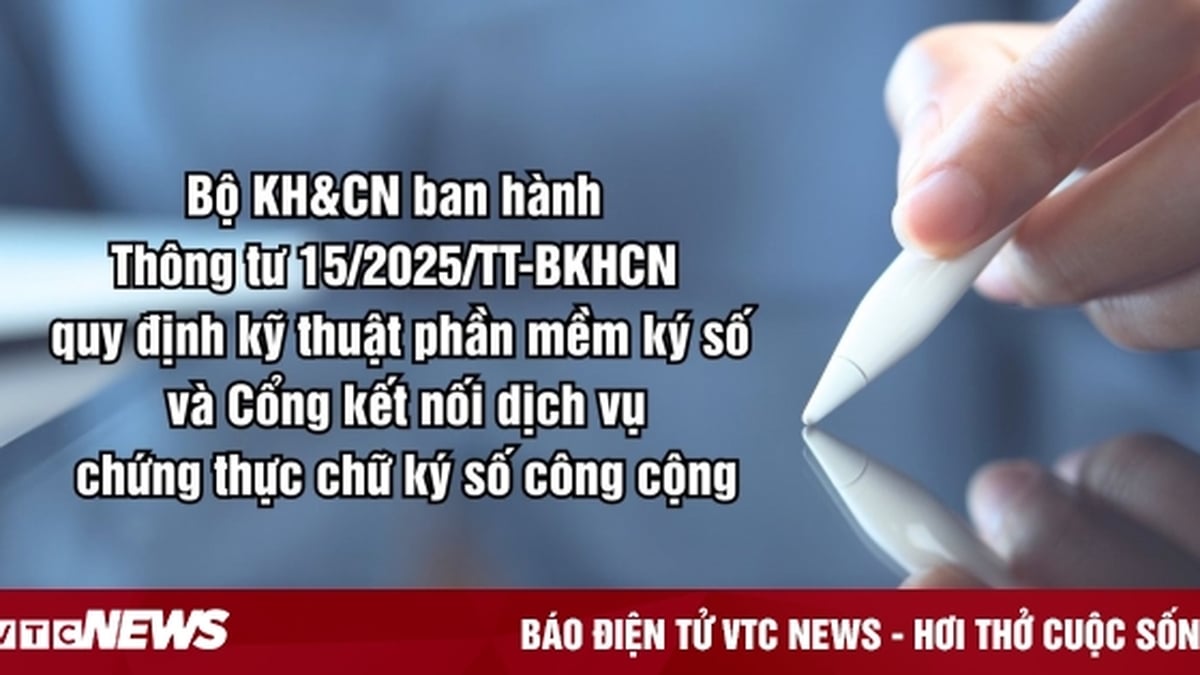
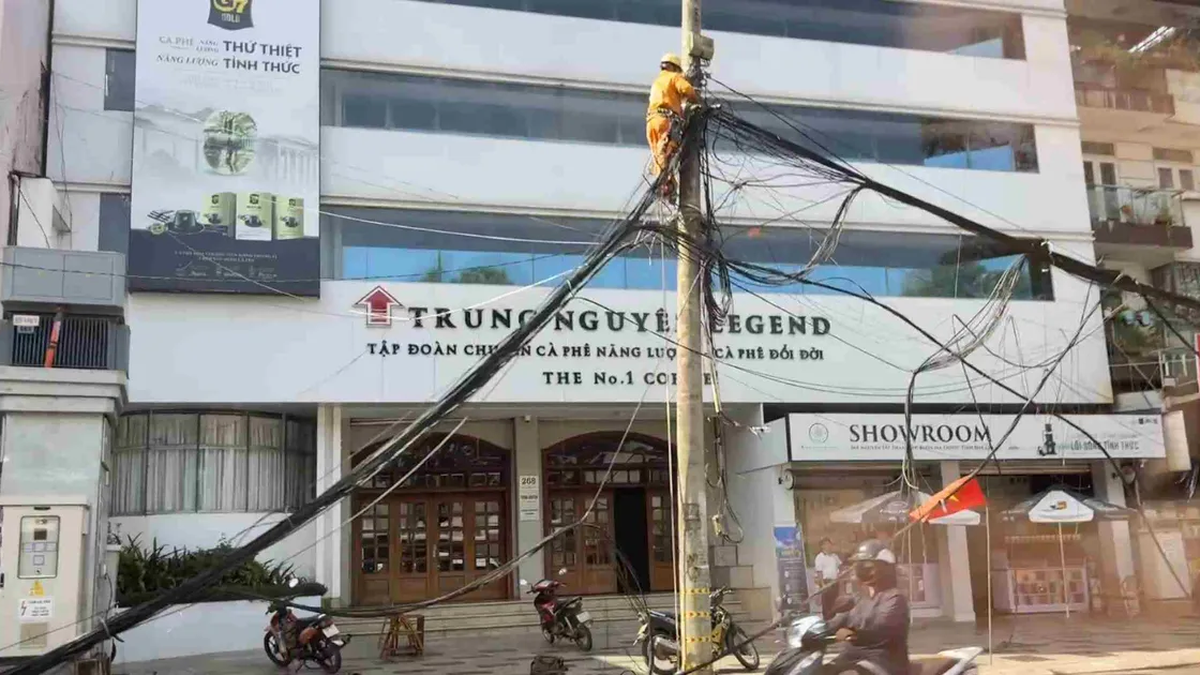


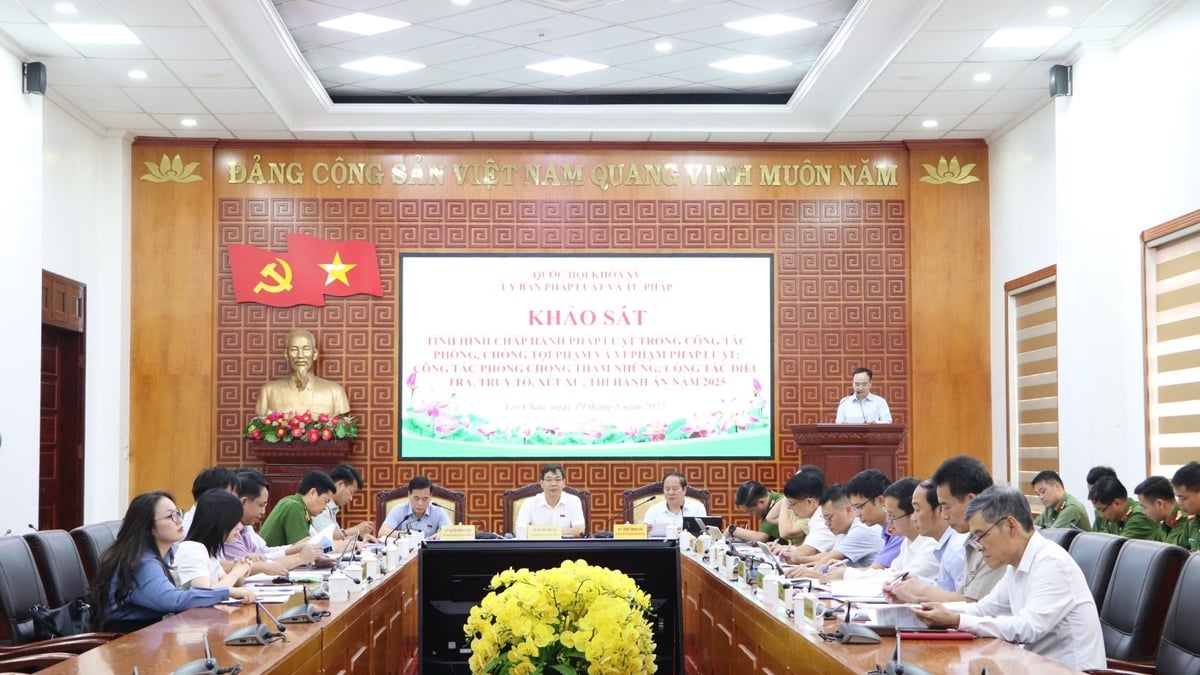


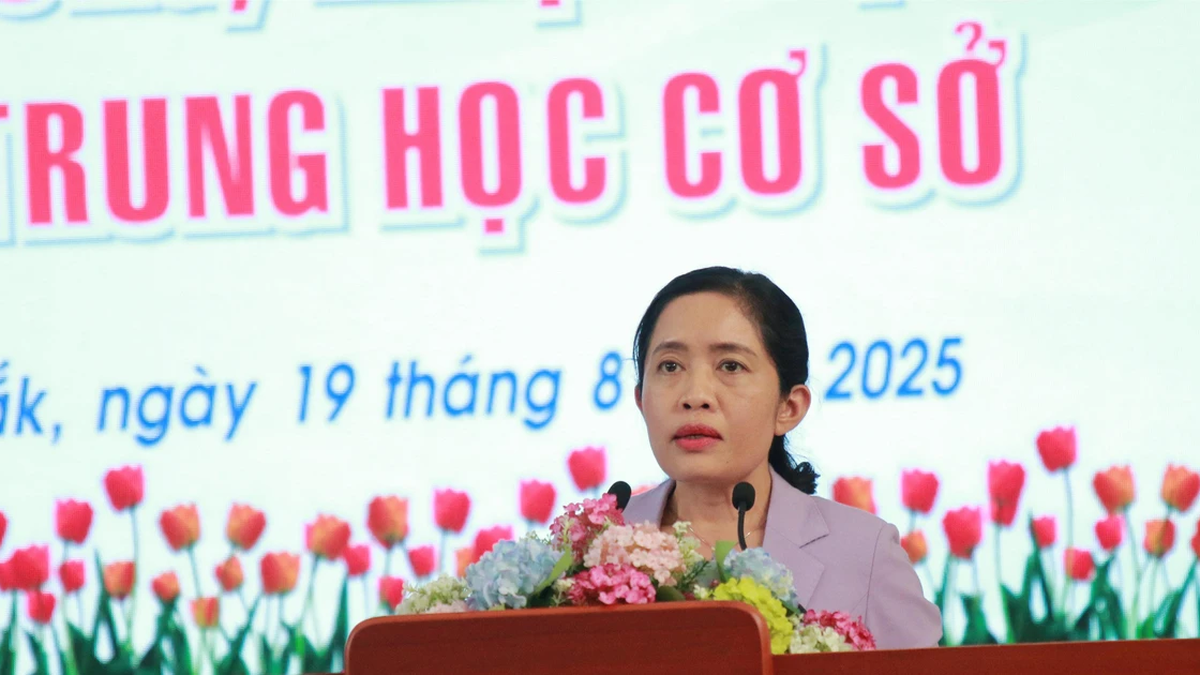











![[Photo] Close-up of the first International Financial Center building in Ho Chi Minh City](https://vphoto.vietnam.vn/thumb/1200x675/vietnam/resource/IMAGE/2025/8/19/3f06082e1b534742a13b7029b76c69b6)


![[Photo] General Secretary and Prime Minister visit the National Exhibition and Fair Center](https://vphoto.vietnam.vn/thumb/1200x675/vietnam/resource/IMAGE/2025/8/19/f4503ad032d24a90beb39eb71c2a583f)

![[Photo] President Luong Cuong's wife and Queen of Bhutan visit Tran Quoc Pagoda](https://vphoto.vietnam.vn/thumb/1200x675/vietnam/resource/IMAGE/2025/8/19/62696af3852a44c8823ec52b03c3beb0)
![[Photo] General Secretary To Lam attends the inauguration and groundbreaking ceremony of 250 projects to celebrate National Day](https://vphoto.vietnam.vn/thumb/1200x675/vietnam/resource/IMAGE/2025/8/19/3aa7478438a8470e9c63f4951a16248b)
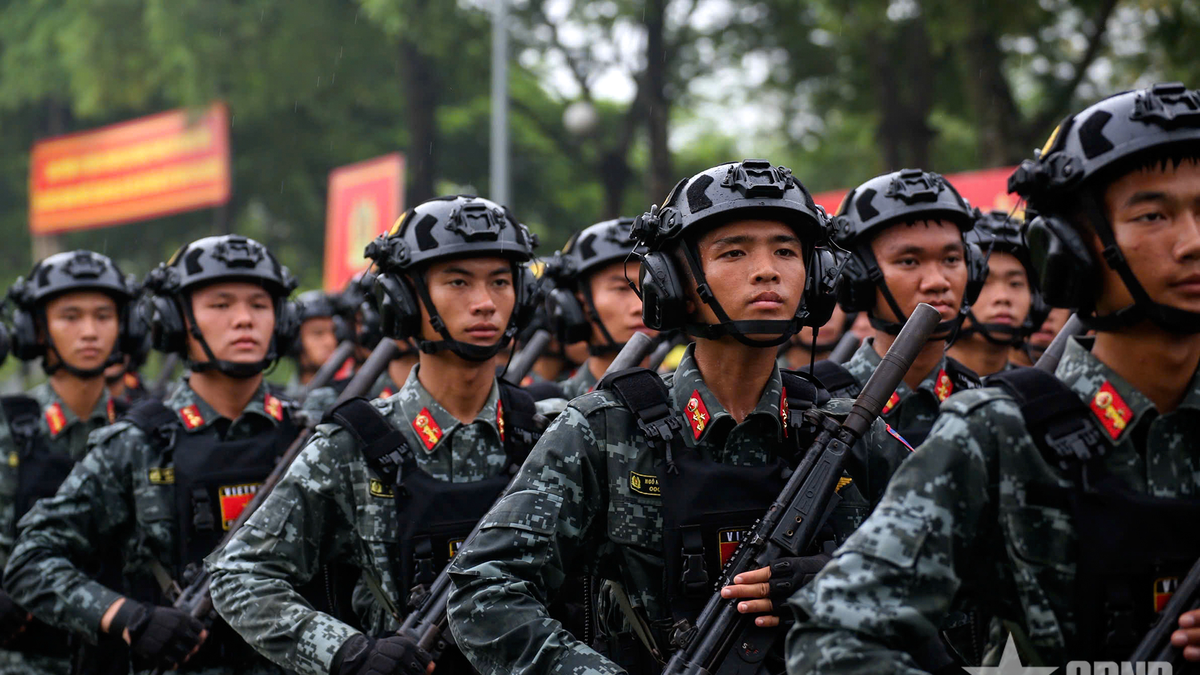
![[Photo] General Secretary To Lam and President Luong Cuong attend the handover ceremony of the Presidential Office Headquarters](https://vphoto.vietnam.vn/thumb/1200x675/vietnam/resource/IMAGE/2025/8/19/a37cfcbd301e491990dec9b99eda1c99)









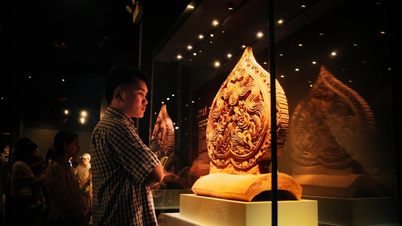
















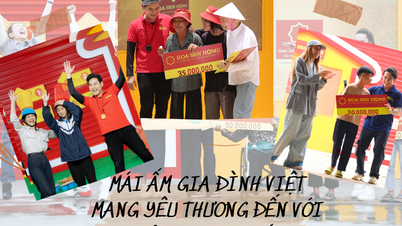




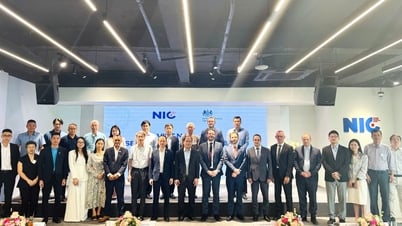
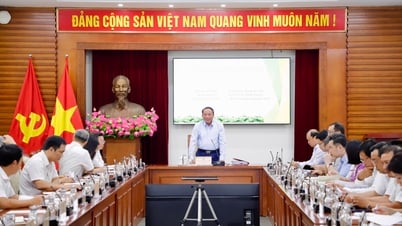
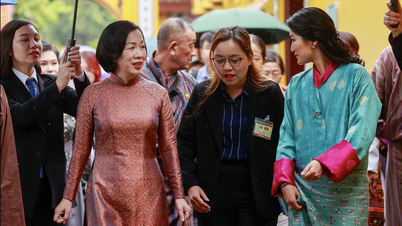

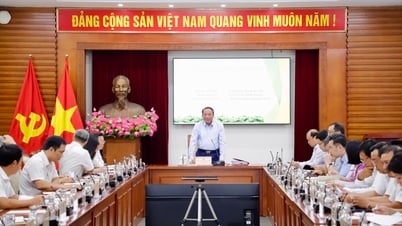



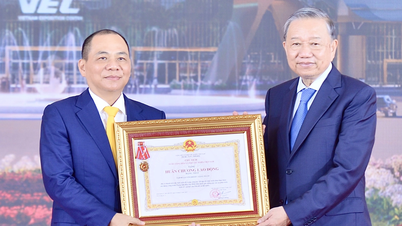
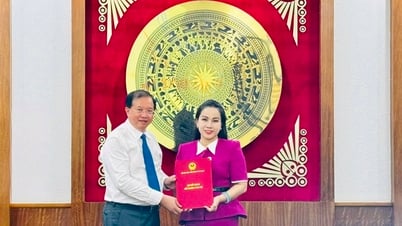
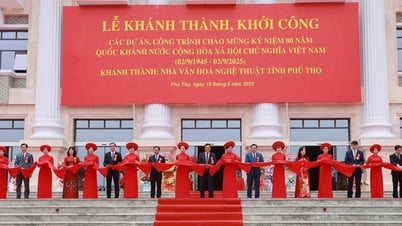
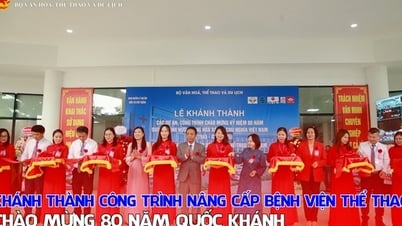
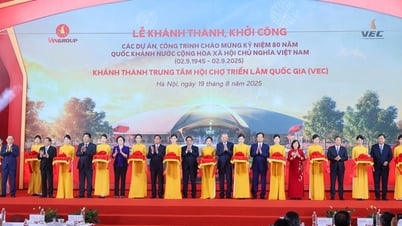










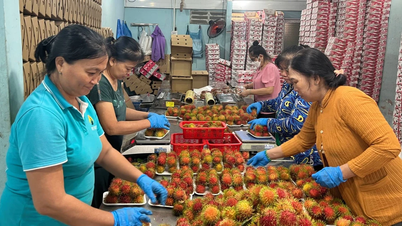














Comment (0)